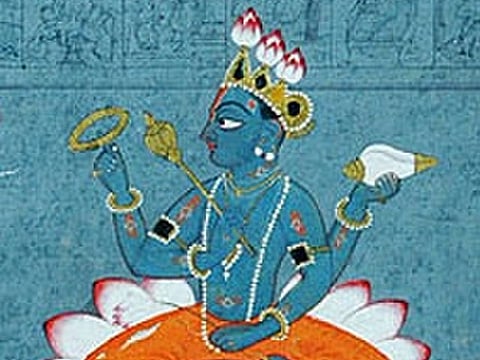Nirjala Ekadashi is considered as the most sacred of all 24 ekadashis and one of the most auspicious days for Hindus. On this day, which is dedicated to Lord Vishnu, worshippers give prayers, maintain fasts, and ask the god for his blessings.
Nirjala Ekadashi will be observed on Ekadashi Tithi (the eleventh day) of Shukla Paksha in the month of Jyeshtha.
Hindus place a significant deal of spiritual significance on the festival of Nirjala Ekadashi, also known as Jyeshtha Shukla Ekadashi.
Significance of Nirjala Vrat -
The day of Ekadashi itself is a manifestation of Lord Vishnu, according to the Markandeya Purana and the Vishnu Purana. People who successfully finish the Nirjala Ekadashi fast win Vishnu's favour and are bestowed with happiness, wealth, and sin-forgiveness.
Lord Vishnu bestows wealth, well-being, and health upon his followers. Additionally, he cleanses all sins and grants all of his followers' wants. Fasting on Nirjala Ekadashi is the same as fasting on the other Ekadashis.


